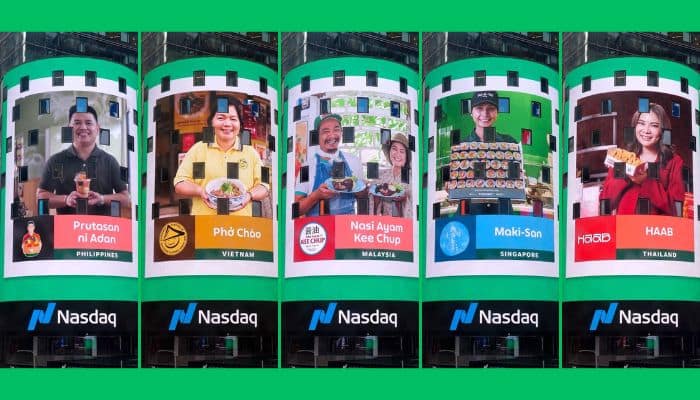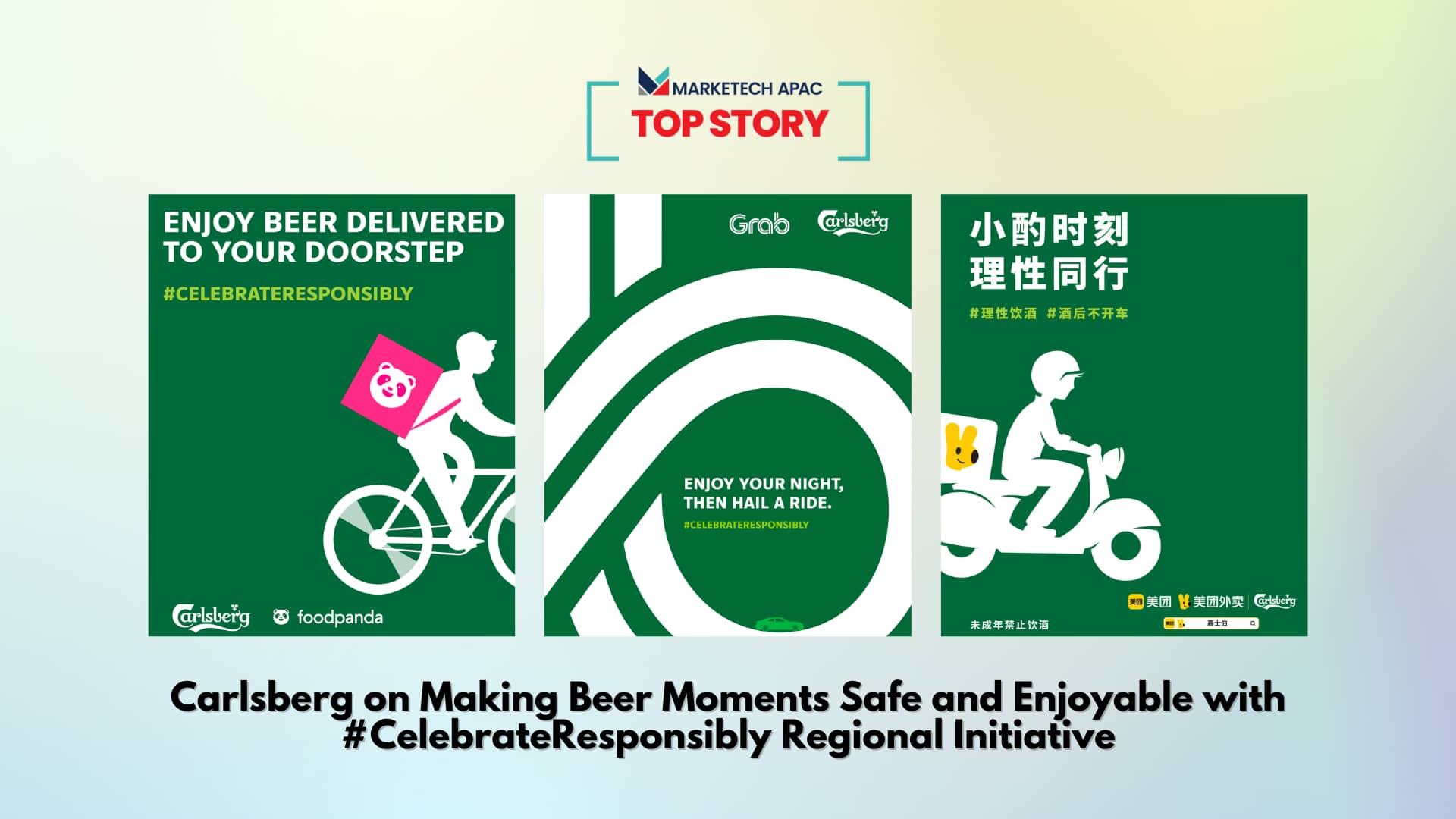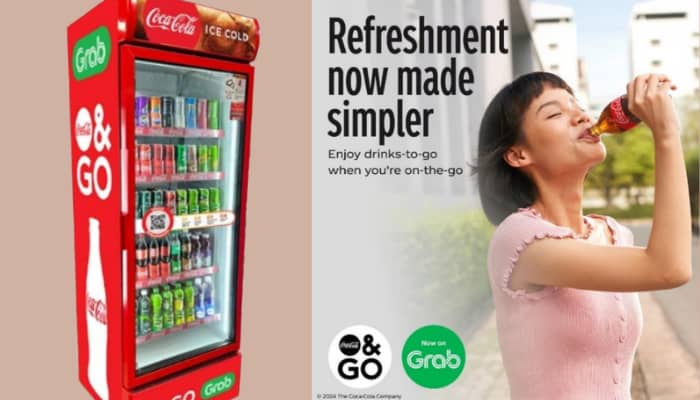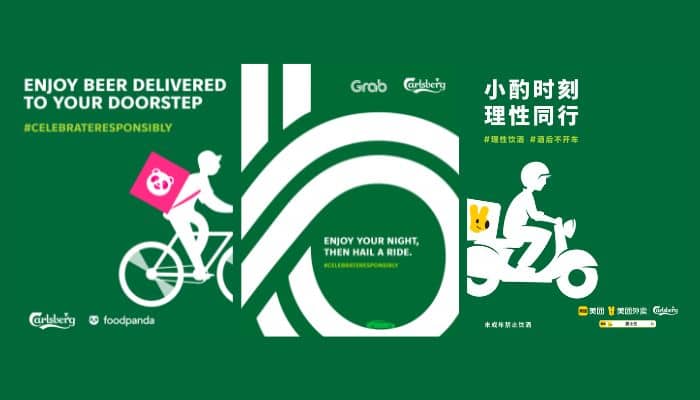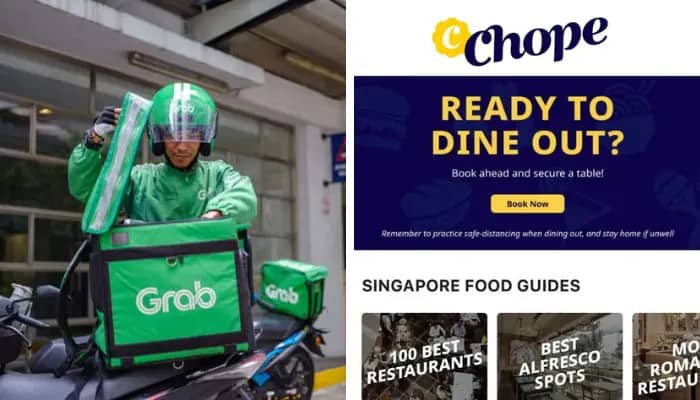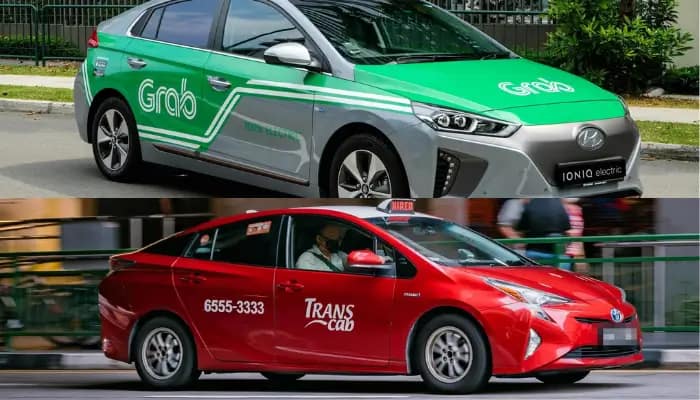Alcohol, especially beer, has long been deeply intertwined with sporting culture, becoming a staple of the fan experience at games, whether in the stadium, at a sports bar, or during home viewing parties. The tradition of cracking open a cold beer while cheering on a favourite team is an essential part of the atmosphere for many fans, blending social camaraderie with the excitement of competition.
However, this cultural connection also brings the challenge of balancing the enjoyment of beer with the need for responsible drinking. As fans look to maintain the spirited fun of sporting events, the importance of moderation and mindful consumption becomes crucial to ensure that the enjoyment of the game remains safe and inclusive for everyone.
This was the mindset that popular beer brand Carlsberg had for its ‘#CelebrateResponsibly’ regional campaign in Asia-Pacific. For this year, it has teamed up with three of the region’s biggest e-commerce and delivery platforms–Grab, foodpanda, and Meituan–with the aim to tap the partner brands’ voices and touchpoints to create a culture of responsible drinking.
For our latest Top Story feature, we spoke exclusively to Arindam Varanasi, commercial vice president for Asia at Carlsberg Group to better understand the brand’s message of promoting responsible drinking beyond its own verticals, and giving advice on how similar brands can roll out advocacy campaigns like this.
A manifestation of ‘ZERO Irresponsible Drinking’
For Arindam, this campaign not only reflects their deep-rooted commitment to promoting responsible drinking habits, but also aligns seamlessly with the Group’s overarching vision of ‘ZERO Irresponsible Drinking’.
For context, Carlsberg Group’s ‘ZERO Irresponsible Drinking’ entails that by 2030, there would be full responsible drinking messaging through packaging and brand activations, all of their markets run partnerships to support responsible consumption, the availability of alcohol-free brews, and that 35% of their brews globally are low-alcohol or alcohol-free.
“Our regional #CelebrateResponsibly campaign focuses on promoting responsible alcohol consumption directly to consumers. By highlighting the importance of celebrating responsibly, the campaign aims to use direct-to-consumer touchpoints to educate and encourage mindful drinking habits for all occasions. Our mission is to make a tangible impact by promoting a sense of responsibility and mindfulness around alcohol consumption,” he said.
Given the nature of the group’s aim to promote this brand vision, it only made sense for them to tap the region’s biggest q-commerce players to roll out this message.
“Through the strategic partnerships with the three leading e-commerce apps in this campaign, we are moving closer to achieving this goal by encouraging consumers to Celebrate Responsibly. The campaign serves as a practical manifestation of Carlsberg’s broader brand vision, reinforcing our commitment to social responsibility by promoting moderation, safety and mindfulness across our product portfolio,” he added.
Arindam also highlighted that through the partnership with these platforms, they were able to to leverage the extensive ecosystem and hyper-local insights unique to these partners, particularly in Carlsberg’s APAC markets.
“Notably, these platforms have a significant presence in the region, with a strong overlap in consumer base with Carlsberg’s portfolio brands, ensuring that our campaign resonates with a diverse audience,” he said.
He further stated, “By leveraging the digital capabilities of these platforms through in-app activations and public engagement events that are integral to our campaign strategy, we aim to significantly extend our reach. We want to connect with a wider range of consumers across Asia and inspire them to celebrate responsibly, fostering a culture of mindful drinking.”
How #CelebrateResponsibly rolled out in APAC
The #CelebrateResponsibly campaign was launched earlier this quarter, right at the beginning of the football season, to leverage social gatherings and reinforce Carlsberg’s position as the official beer sponsor of Liverpool Football Club (LFC), a partnership that has been ongoing since 1992, to drive the campaign’s message.
For Grab’s activation, they launched in-app activations with Grab in key Southeast Asian markets, including Singapore, Cambodia, and Myanmar, to encourage football fans to prioritise safety and choose responsible alcohol consumption.
“This was done by offering consumers discounted GrabCar rides to well-known Carlsberg outlets and attractive offers on GrabMart to have their favourite beverages from the Carlsberg portfolio delivered to their doorsteps,” Arindam explained.
Meanwhile, for their stint with foodpanda, they launched an online sampling campaign where consumers can redeem alcohol-free beer on pandamart, foodpanda’s online grocery store.
“To underline Carlsberg’s commitment to providing alcohol-free and low-alcohol alternatives, we also worked with foodpanda in Singapore and Hong Kong to leverage driver engagement activities, offering the refreshing 0.0% alcohol-free Carlsberg to delivery partners and engaging with this audience group to further promote responsible behaviour,” he said.
Carlsberg also provided over 400 driver bags for foodpanda partners featuring non-profit advertisements to educate consumers about this important initiative.
Over at Meituan in China, they further extended our reach through our public event engagement called ‘The Meituan District’. Said initiative, in which Carlsberg worked closely with destination governments, local districts and merchants, attracted over 30,000 visitors over three days.
“Over the three days, around 7,000 people entered the event area and 1,000 interacted with the pop-up, receiving free beer samples and learning more about responsible drinking habits,” he said.
Aside from these partnerships, Carlsberg also engaged in outdoor activations for this initiative, including over 4,000 taxis displaying “Responsible Drinking” stickers on their cars and back windows in Myanmar, as well as in Singapore where they wrapped 80 taxis with messages about their 0.0 SKUs for a 1.5-month period. Moreover, they also facilitated in-car sampling of their 0.0 beverage, encouraging consumers to drink responsibly.
He also stated that the launch of the #CelebrateResponsibly campaign in Cambodia will be marked by an officiating event attended and supported by government officials.
“This highlights how Carlsberg as an industry player is committed to working together with all stakeholders, including governments, to foster safer drinking experiences,” he said.
Advocacy is about authenticity and brand value alignment
For Arindam, successful advocacy campaigns always require a strategic approach that prioritises authenticity and alignment with someone’s brand values, something that Carlsberg Group aims to align with their ‘ZERO Irresponsible Drinking’ vision for ‘#ResponsibleDrinking’.
“It’s vital to ensure that your message resonates with your audience and reflects a genuine commitment to the cause you’re advocating and follow up with actions in delivering the message with the appropriate reach,” he said.
Moreover, he also highlighted the importance of working with partners who share similar values, which can then greatly increase the impact of your campaign.
“By partnering with brands that align with your advocacy goals, you can not only extend the reach of your message, but also tap into their network and insights to enhance the effectiveness of your campaign,” he added.
In this campaign’s specific example, them partnering with Grab, foodpanda and Meituan has been instrumental in advancing Carlsberg’ mission considerably to promote ‘ZERO Irresponsible Drinking’ across the various APAC markets in which the brand operates.
He also states that while advocating responsibility is paramount, it’s equally important as well to design initiatives within the campaign that inspire actionable change.
“Encouraging consumers to translate advocacy messages into tangible changes in behaviour is key to achieving real impact and fostering a culture of responsible decision-making. By empowering individuals to take concrete actions in line with campaign objectives, brands can catalyse meaningful change and contribute to a more responsible and sustainable society,” he concluded.

